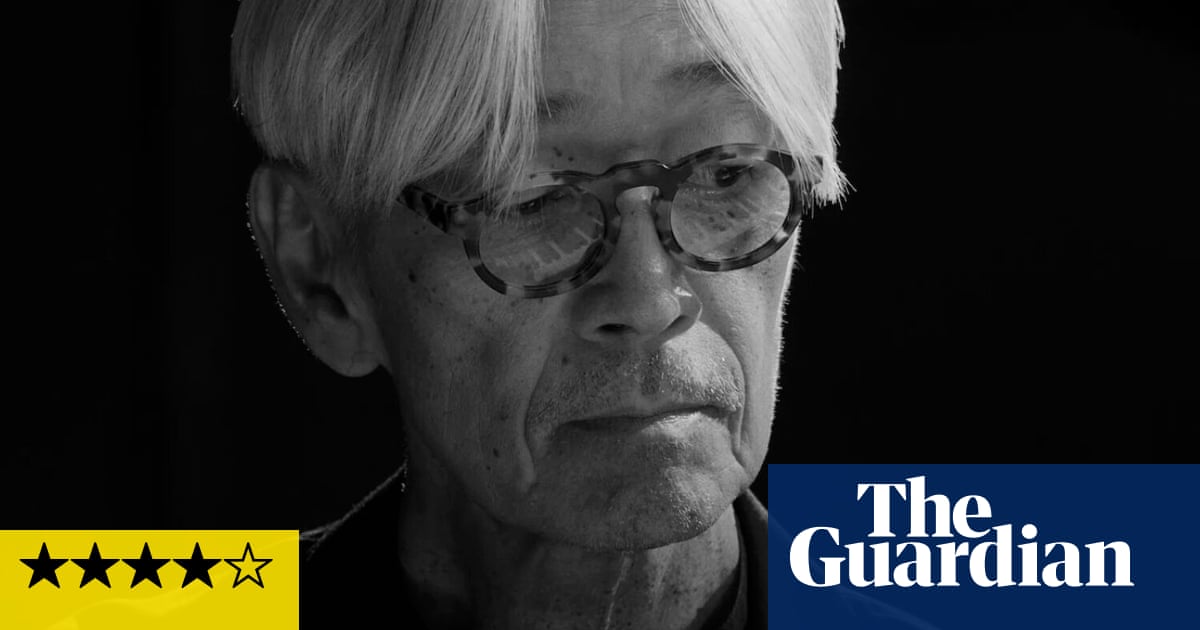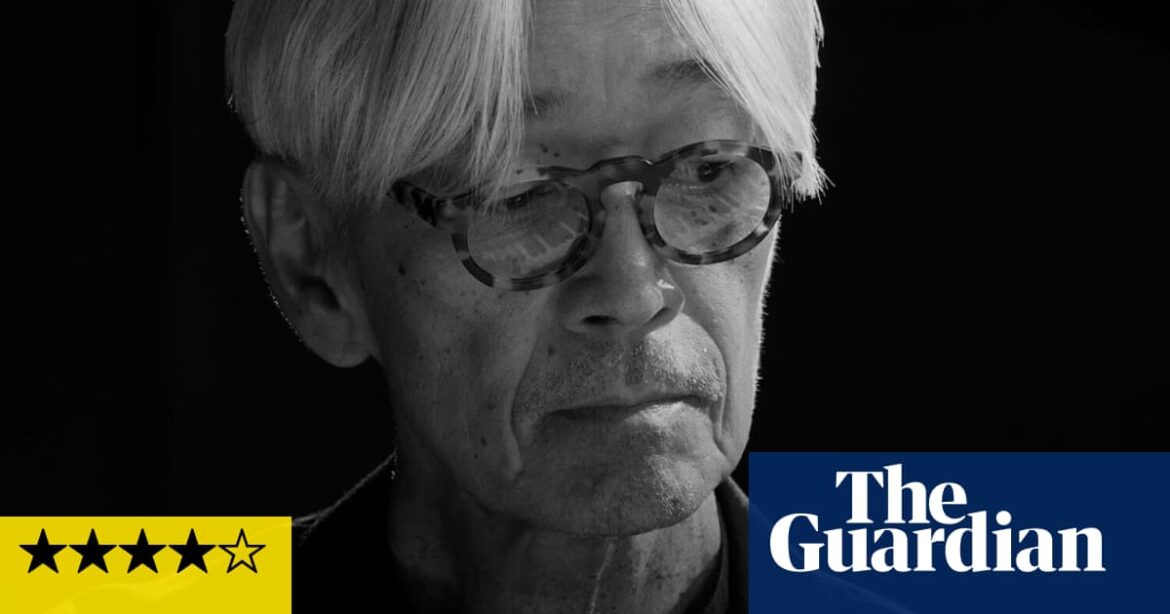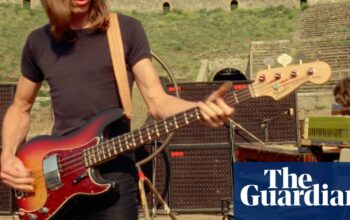
Short of presenting nothing more than music and a blank screen, this documentary about the late Japanese composer-performer Ryuichi Sakamoto’s last appearances is as stark and minimal as a concert film can get. And yet it’s a work suffused with emotional tones and shades, surprisingly not all of them sad even though the subject knew at the time of filming he had mere weeks left before he’d die of cancer.
There are moments when director Neo Sora, Sakamoto’s son, turns up the lighting for the more upbeat songs and we can see the master smile, pleased with his own performance, or the composition, or … we know not what, as there is almost no dialogue, no nattering about the life. We had all that in an earlier documentary, Ryuichi Sakamoto: Coda. In Opus it is the music, played by the man himself, that is completely sufficient to the moment and all that remains, with the occasional very human stumbles and missed notes. When he says he needs a break for a while, exhausted by a performance, the strain is painfully visible, audible, practically palpable.
Shot in black and white with silvery shades of grey, the camera tends to track slowly or pan leisurely, in sync with the lento to moderato tempi of his playing. Sometimes we focus just on his hands, all the better to appreciate the way he occasionally conducts for himself with his right. Elsewhere, the camera pans up to his face, that shock of white hair, those signature round tortoiseshell spectacles. All the way through, the sound is rich as could be, exquisitely recorded in Sakamoto’s favourite studio.
As one might expect given the circumstances, the music selection spans his career – from soundtrack work for The Sheltering Sky, The Last Emperor and Merry Christmas, Mr Lawrence, to adaptations of songs recorded with the electronic trio Yellow Magic Orchestra from the 1970s, and on to cuts from his later collaborations with German musician Alva Noto. The austerity of the film-making affords a rare chance to meditate on his range and the variety of his work as well as the consistency of his voice as a composer.
Source: theguardian.com



